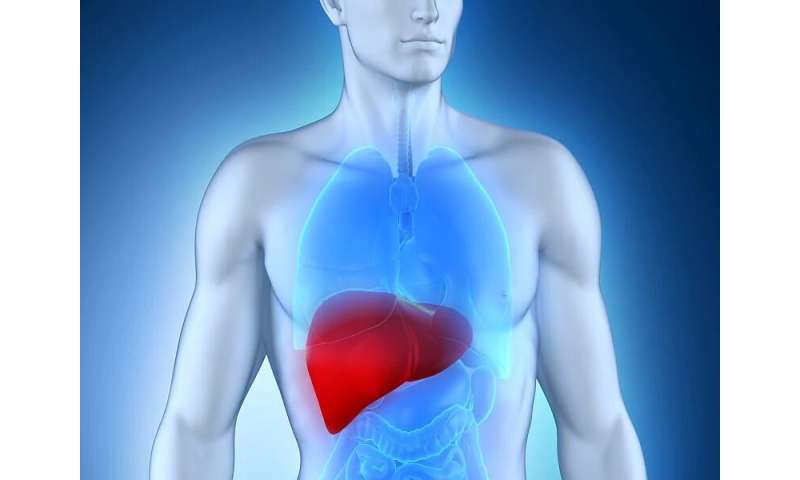
In a synopsis of the 2018 Kidney Disease: Improving Global Outcomes (KDIGO) clinical practice guideline, published online Sept. 24 in the Annals of Internal Medicine, updated recommendations are presented for the prevention, diagnosis, treatment, and management of hepatitis C virus (HCV) infection in adults with chronic kidney disease (CKD).
Craig E. Gordon, M.D., from Tufts Medical Center in Boston, and colleagues updated the 2008 KDIGO guideline on HCV infection in CKD, reflecting major advances since the introduction of direct-acting antivirals (DAAs) in HCV infection management.
The authors developed 66 recommendations, with 32 key recommendations relevant to clinical practice regarding HCV infection in patients with CKD. The recommendations include screening all patients for HCV infection at the time of initial CKD evaluation. In addition, patients should be screened upon initiation of in-center hemodialysis or upon transfer from another dialysis facility or modality. All CKD patients infected with HCV should be evaluated for antiviral therapy. Patients with glomerular filtration rate (GFR) ≥30 mL/min/1.73 m² should be treated with any licensed DAA-based regimen; those with GFR <30 mL/min/1.73 m² should be treated with a ribavirin-free DAA regimen. All HCV-infected kidney transplant recipients should be assessed for treatment.
“We are optimistic that the current KDIGO guideline will increase attention on the intersection between HCV and CKD and spur future investigation into new directions to improve the care of this patient population,” the authors write.
Source: Read Full Article
